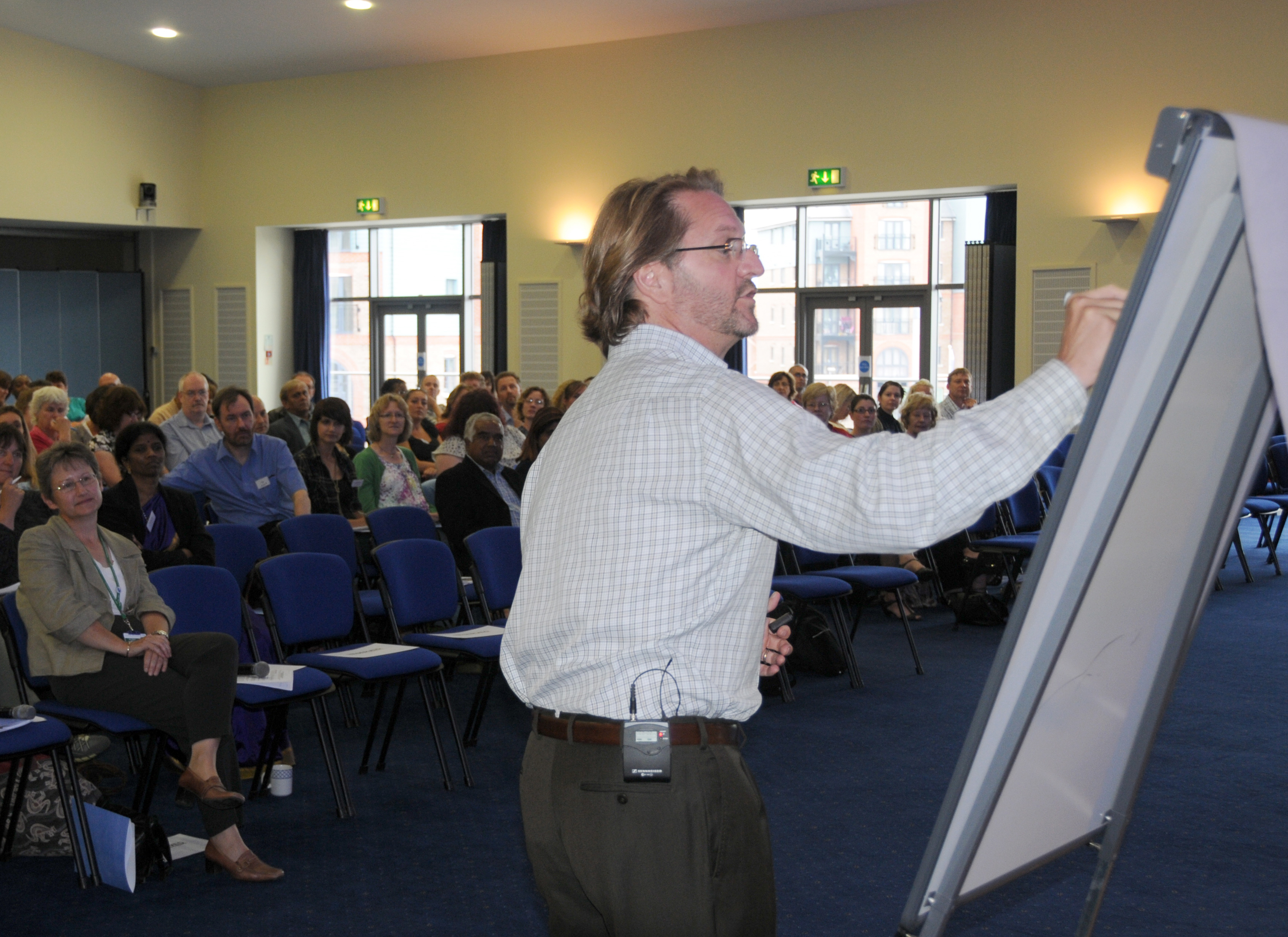How best to improve your performance as a clinician? Take the continuing education multiple-choice quiz:
a. Attend a two-day training;
b. Have an hour of supervision from a recognized expert in a particular treatment approach;
c. Read a professional book, article, or research study;
d. Take a walk or nap.
If you chose a, b, or c, welcome to the world of average performance! As reviewed on my blog (March 2010), there is exactly zero evidence that attending a continuing education event improves performance. Zero. And supervision? In the most recent review of the research, researchers Beutler et al. (2005) concluded, “Supervision of psychotherapy cases has been the major method of ensuring that therapists develop proficiency and skill…unfortunately, studies are sparse…and apparently, supervisors tend to rate highly the performance of those who agree with them” (p. 246). As far as professional books, articles, and studies are concerned–including those for which a continuing education or “professional development” point may be earned–the picture is equally grim. No evidence. That leaves taking a walk or nap!
K. Anders Ericsson–the leading researcher in the area of expertise and expert performance–points out the type and intensity of practice required to improve performance, “requires concentration that can be maintained only for limited periods of time.” As a result, he says, “expert performers from many domains engage in practice without rest for only around an hour…The limit…holds true for a wide range of elite performers in difference domains…as does their increased tendency to recperative take naps” (p.699, Erickson, 2006). By the way, Ericsson will deliver a keynote address at the upcoming “Achieving Clinical Excellence” conference. Sign up now for this event to reserve your space!

Two recently released studies add to the evidence base on rest and expertise. The first, conducted at the University of California, Berkeley by psychologist Matthew Walker found that a midday nap markedly improved the brain’s learning capacity. The second, published last week in the European Journal of Developmental Psychology, found that simply taking a walk–one where you are free to choose the speed–similarly improved performance on complex cognitive tasks.
So, there you go. I’d say more but I’m feeling sleepy.



.jpg)